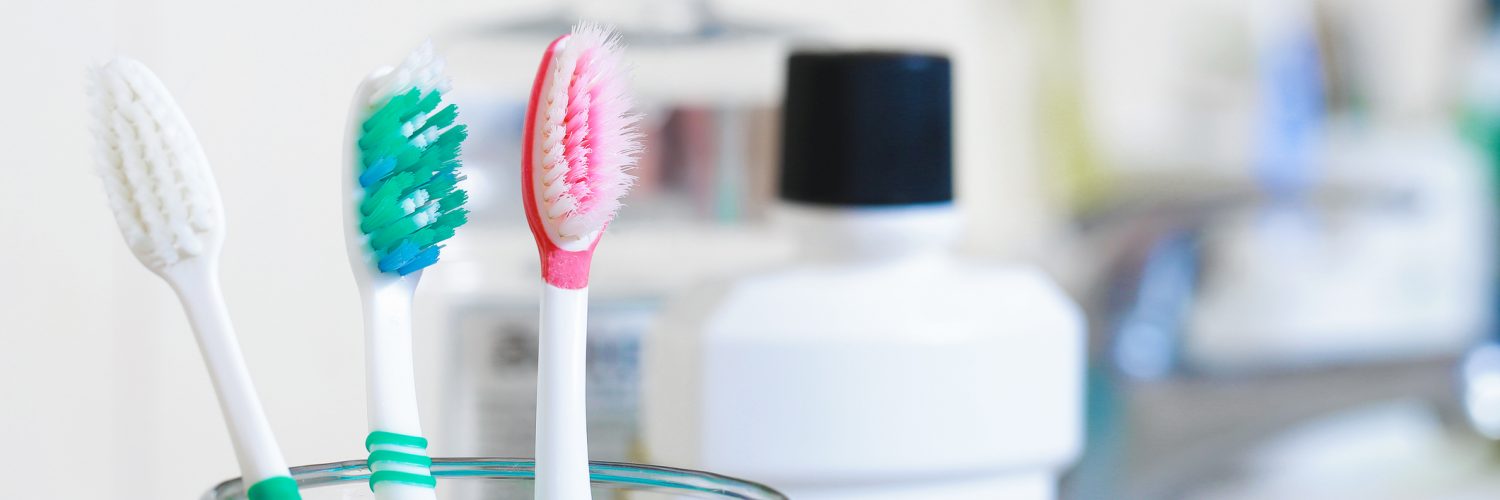If you’re conscientious about your health, you can’t overlook the state of your mouth. As the nutritional entry point to our digestive system, the oral cavity is the first port of call for anything healthy (or unhealthy) that you put in your body.
So why, then, are most Americans suffering in the oral health department? Results from the 2011-2012 National Health and Nutrition Examination Survey revealed that a tooth-grinding 9 out of 10 adults had cavities, and almost a third of adult Americans have teeth that are simply rotting away untreated. Clearly, we’re not taking our oral health as seriously as we should.
What may come as a surprise is that the pathway back to optimum oral health may not lie in killing every microorganism residing in our mouth, but in promoting helpful bacteria that can protect our teeth, nurture our gums, and plenty more besides. You’ve likely heard about the gut microbiome, but it turns out that the oral microbiome is just as important.

The Importance of the Oral Microbiome

Your oral cavity is home to millions of microorganisms. Recent estimates place the number of bacterial, fungal and protozoan species in our mouths at over 700, which is fairly impressive when you consider just how small your mouth is.
When these oral microorganisms are in their proper balance, they play an important role in digestion, immunity, vitamin production, and protection from acidic foods and substances that make their way into the mouth.
But an unbalanced microbiome means bad news for your oral health. As this study notes, “certain ecological shifts in the microbiome allow pathogens to manifest and cause disease.” What’s more, the resulting disease may not be limited to your mouth: “Severe forms of oral disease may result in systemic disease at different body sites.”*
How Oral Probiotics Can Protect Your Teeth
Given the critical role that this microscopic community living in your mouth plays in both your oral and systemic health, it’s imperative that ecological balance is maintained. And that means supporting the good guys while keeping the bad guys in check.
While the average dentist might advocate a “kill everything that moves” approach to oral hygiene, this approach isn’t going to do your mouth a lot of good. That’s because most pathogenic microbes that live on your teeth, gums, and tongue are much more resilient than the beneficial microbes.
Every time you blitz your mouth with a heavy dose of mouthwash, the good guys get wiped out along with the bad — but the bad guys are quicker to recover. Eventually, pathogenic species like P. gingivalis, S. mutans and C. albicans have the run of the place.
The trick is to promote a healthy oral microbiome that allows beneficial bacteria to flourish and help keep pathogenic species within manageable numbers. One of the best ways to maintain this ecological balance is with oral probiotics.
The Many Benefits of Oral Probiotics

While the gut microbiome has received plenty of scientific attention over the past 3 decades, the oral microbiome is still an emerging field. There isn’t a huge body of research to draw upon, but scientists are quickly taking up the challenge, and so far the evidence for oral probiotics looks very promising indeed.* Here are some of the benefits that oral probiotics can provide.
Improve dental health*
Several studies have shown that certain probiotic strains may significantly reduce populations of oral bacteria that contribute to tooth cavities.* A 2002 study, for example, showed that cheese containing the probiotic species Lactobacillus rhamnosus significantly reduced populations of S. mutans, the #1 culprit when it comes to cavities.
Other studies have shown that yogurt containing Lactobacillus reuteri or Bifidobacterium animalis helped to keep S. mutans numbers in check.
Reduce gum inflammation*
An oral microbiome that’s out of whack is a surefire way to promote inflammation, both in the mouth and elsewhere in the body. Luckily, restoring probiotic bacteria to their rightful place within your oral cavity can have a positive effect on the body’s inflammatory response.*
In one study, participants that drank probiotic milk experienced a decent lowering of gingival inflammation.* In another, 21 patients showed marked reductions in oral inflammation after being given lozenges containing Lactobacillus brevis.*
Better Breath*
Halitosis, more commonly known as bad breath, is a common side-effect of an imbalanced oral microbiome. Luckily, probiotics can help with that, too.
A 2006 study published in the Journal of Applied Microbiology placed 23 subjects on a 3-day regimen of an antimicrobial mouthwash followed by lozenges containing the probiotic Streptococcus salivariusK12. Following the treatment, 85% of the subjects had “substantial” reductions in halitosis — all from simply sucking on a lozenge.*
How to get more oral probiotics in your life
You’d probably be surprised to learn just how easy it is to get your hands on beneficial oral probiotics. As we’ve already discussed, certain dairy products, including yogurts, milk, and cheese, can contain bacterial strains known to provide significant benefit to your oral cavity. Otherwise, your best bet is to track down some high quality chewable oral probiotics.
*These statements have not been evaluated by the Food and Drug Administration. This product is not intended to diagnose, treat, cure, or prevent any disease.
